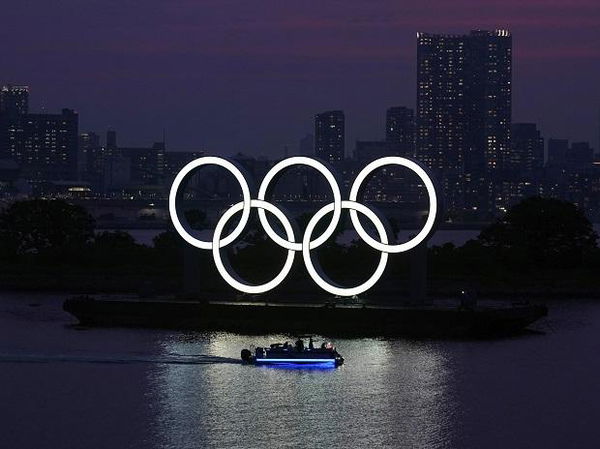

With only a few days to go for the upcoming 2024 Paris Olympics summer games, preparations are in the last leg everywhere. Apart from preparations by the athletes, organizers are also on their toes to keep the sport clean. Along similar lines, The World Athletics Council has been under the spotlight for accepting the norms suggested by the Athletics Integrity Unit regarding anti-doping measures.
“In this Olympic year, we trust this will be a reminder to all Member Federations that the AIU and World Athletics are extremely serious about ensuring a level playing field for athletes,” said Athletics Integrity Units’ chairperson, David Howman. To ensure that, AIU’s recent release announced that more stringent anti-doping guidelines will be imposed on athletes from four countries.
ADVERTISEMENT
Article continues below this ad
AIU launches new testing protocol to keep the Olympics clean
After the conclusion of the recently held World Athletics Indoor Championships 2024, the World Athletics Council has approved new, tougher testing requirements to be imposed on athletes from Brazil, Ecuador, Portugal, and Peru. As per the release, AIU stated that these athletes will be facing “Out of the Competition” more strict testing to become eligible to participate in the upcoming 2024 Paris Olympics. All four federations received the imposition of stricter guidelines after receiving a clear warning from the Athletics Integrity Unit several times about their insufficient national testing programs. As per AIU, this happened after the conclusion of the 2022 World Athletics Championships held in Eugene, Oregon.

Meanwhile, all four federations also failed to ensure proportionate OOC testing for their respective teams before the commencement of last year’s World Athletics Championships in Budapest. Subsequently, the World Council accepted AIU’s call to impose eligibility conditions for participation in the 2024 Olympic Games.
These guidelines state that ten months before 4th July, each athlete is required to undergo at least three no-notice out-of-the-competition tests of urine and blood. If these athletes compete at any event that is more than 800m, then at least one EPO test and one Athlete Biological Passport Test are mandatory. Besides this, AIU also stated that the first test of three must be conducted before 19th May 2024, and all three tests are required to commence three weeks apart. However, amidst this, there is a piece of good news for all track and field spectators as well.
ADVERTISEMENT
Article continues below this ad
Positive impact of strict guidelines
On a brighter note, David Howman also revealed that the national level athletics are improving. He said, “Overall, national-level testing in our sport is trending in the right direction. There have been some impressive efforts across the board, and this data is a lot better than preEugene.” While making such claims, AIU also highlighted the key improvements achieved this year by comparing them with the 2022 World Championships.
Read More: EXCLUSIVE: Securing $1 Million in NIL Deals, 20-Year-Old Sam Hurley Gets Candid on University of Texas Support
According to the AIU release, “5,542 OOC tests were conducted on athletes in the lead-up period to Budapest, compared to 4,235 for Eugene,” which shows a 30% increase. Apart from this, In-competition tests and tests before the competition also increased significantly during Budapest in comparison to Eugene. With all these improvements, Howman also indicated the crucial role of member federations in this matter.
ADVERTISEMENT
Article continues below this ad
“It is up to all Member Federations to work together with their National Anti-Doping Organisations to ensure their team is sufficiently tested before Paris 2024, and the AIU will not hesitate to refer any other federation to the Council if we do not see sufficient testing,” Howman pointed out. It remains to be seen how the new regulations play out for the sport.
Also Read: Aiming for Third Olympic Stint, Hillary Bor Shocks With Major Career Update
ADVERTISEMENT
ADVERTISEMENT
ADVERTISEMENT
ADVERTISEMENT

